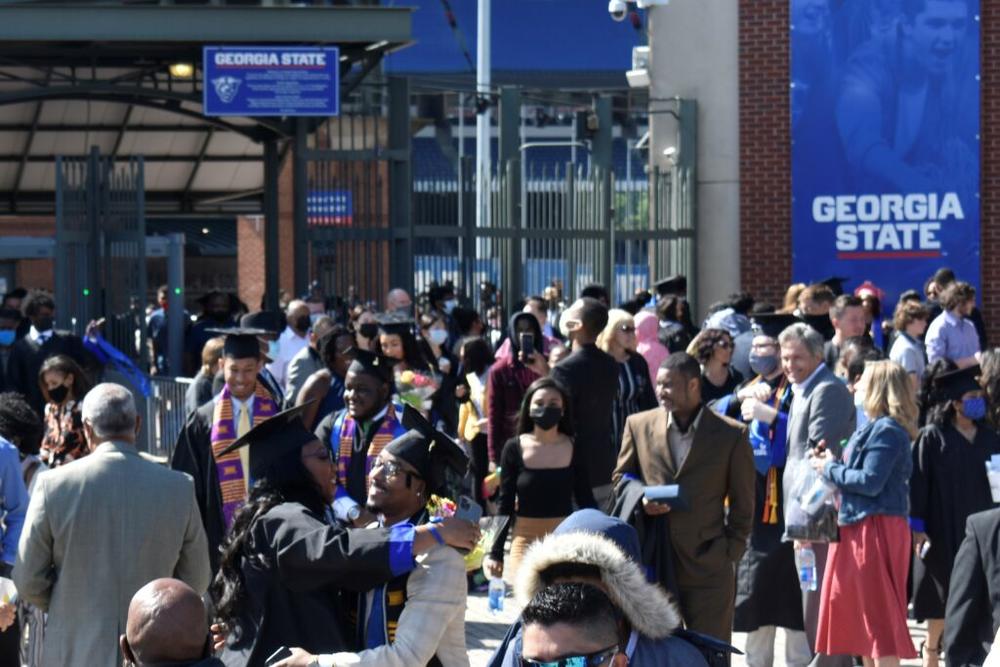
Caption
Young Georgia voters and Georgians who have graduated college support a White House plan to cut up to $20,000 from their student loan obligations, but the state as a whole remains divided on the issue.
Credit: Ross Williams / Georgia Recorder

